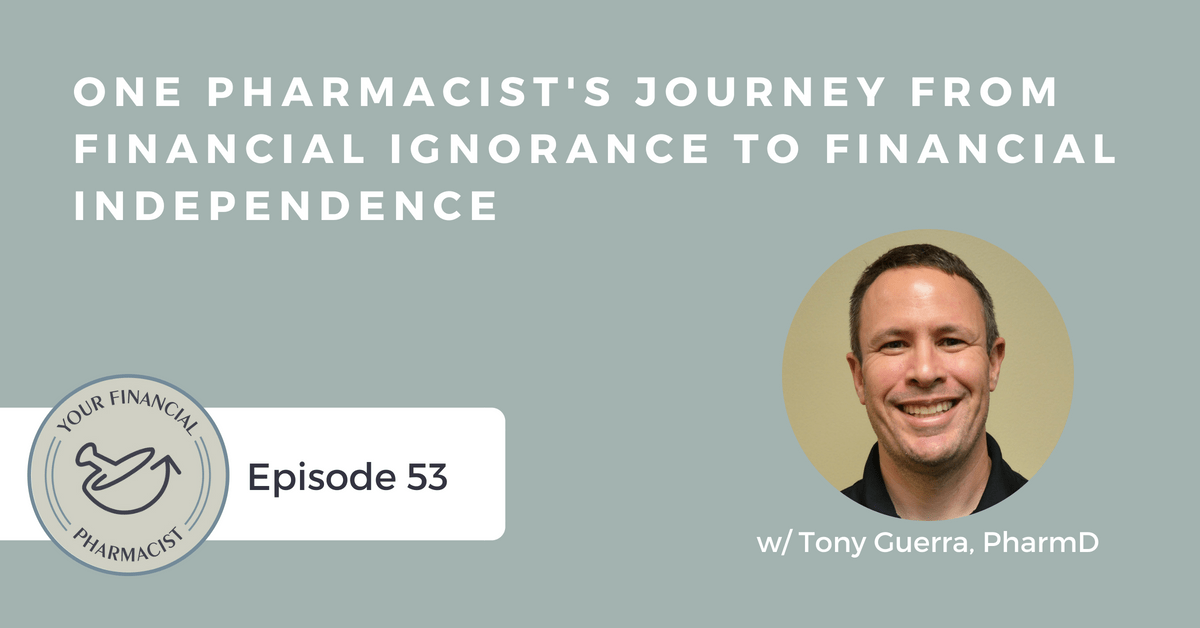Largely agree with a lot of what this guy says -- he says get any experience (preferably something tangentially related to what you want to do) and then spin it during an interview.
I'll tell you that I'll hire someone who has hustled in the last year after graduating (even if its not in the perfect post-grad job) and has a good story to tell over the crybabies on this forum who didn't work a day in their life throughout 4+4 years of school and then stayed unemployed for a year after getting their license ..
Interviewer: What did you do in the last year?
- Customer service job: This was a humbling experience. I built up my customer service skills and was able to defuse stressful situations during an unprecedented pandemic. Because I come from a healthcare background, I stepped up and took a leadership role in terms of the public health aspect of opening up my store and made sure we were compliant with local, state, and national guidelines. This was viewed as a best practice and all the stores in my region adopted the guidelines that I put in place. I learned how to deal with stressful interactions with customers, a fast-paced and ever-changing environment, and how to meet and exceed goals placed by management despite an imperfect situation
- Unemployed grad 1-year after licensure who has done nothing: bUT dA SAtURAtION
Edit: Sure there are a lot of bad actors in the pharmacy saturation, but
blaming others is not going to help your personal situation

